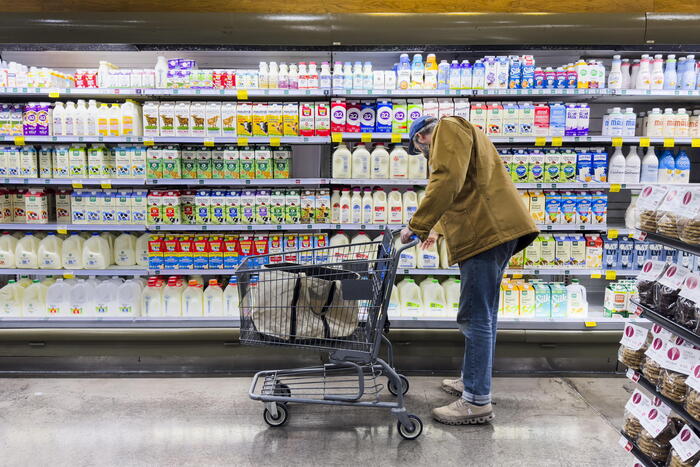Enlarge image
Fuel prices at the Harz-Ost motorway filling station, June 2021. Higher energy costs are driving up the rate of inflation
Photo: Claus Hecking / DER SPIEGEL
Above all, the sharp rise in energy costs and the renewed increase in sales tax have made life in Germany more expensive than it has been for more than 27 years.
Consumer prices in July were 3.8 percent above the level of the same month last year, as the Federal Statistical Office announced on Wednesday.
The office thus confirmed its preliminary information from the week before last.
The statisticians last determined a higher value in December 1993.
At that time the inflation rate was 4.3 percent.
After the slight decline in inflation to 2.3 percent in May 2021, the trend has reversed again.
From June to July consumer prices rose by 0.9 percent according to calculations by the authority.
The rise in energy prices (plus 11.6 percent compared to July 2020) is currently fueling inflation.
It is also due to a special effect.
Because with the outbreak of the Corona crisis, crude oil prices collapsed last year due to low demand on the world market.
They have been recovering since then.
In addition, since January 25 euros per tonne of carbon dioxide (CO₂) has been due in Germany, which is produced when diesel, gasoline, heating oil and natural gas are burned.
In particular, heating oil (plus 53.6 percent) and fuel (plus 24.7 percent) were significantly more expensive than in the same month of the previous year.
Without taking energy products into account, the inflation rate would have been 2.9 percent in July 2021.
In July, consumers had to pay 4.3 percent more for food than a year earlier.
Another important reason for the current rise in the inflation rate is a so-called base effect: In order to stimulate consumption in the Corona crisis, the federal government reduced sales tax for a limited period from July 1, 2020 to December 31, 2020.
The regular VAT rates have been in effect again since January 2021;
Goods and services are therefore tending to become more expensive again.
"We estimate the influence of the temporary VAT reduction alone to be just under one percentage point of the measured inflation rate," said Sebastian Dullien, the scientific director of the Institute for Macroeconomics and Business Cycle Research (IMK) of the Hans Böckler Foundation.
Inflation should continue to rise in the coming months.
So far, many economists have largely considered this to be a temporary phenomenon.
Dullien said that it was to be expected that although inflation could rise above four percent by the end of the year, it would fall significantly again in January 2022.
clh / dpa-AFX









